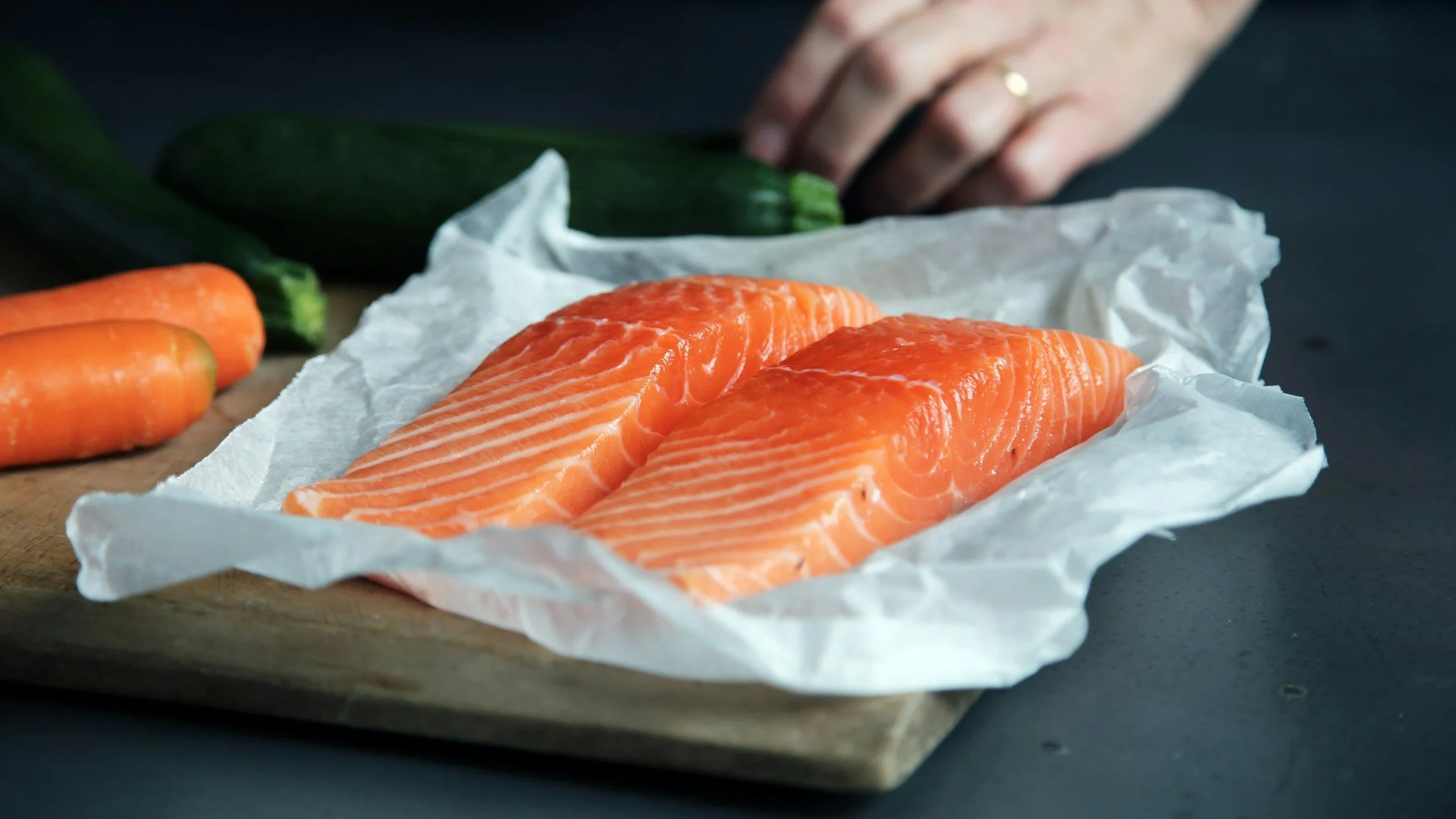
NAVIGATING POST-SUMMER BLUES AS WE WELCOME AUTUMN
April 17th, 2025
As we transition from the warmth and vitality of summer to the cooler, more introspective embrace of autumn, it’s not uncommon to notice shifts in mood, energy, and overall mental well-being. With autumn’s arrival, the long, sunlit days and abundant outdoor activity transition to shorter daylight hours, cooler weather, and for some, a dip in mood.
The post-summer blues describes a period of low energy and sadness that often occurs when summer comes to an end. Although not a clinical condition, it is very common for a lot of people to experience, with shorter days and less time spent outdoors. Symptoms of post-summer blues can feel like a temporary emotional and physical adjustment to the seasonal change.
For some people, the seasonal shift may trigger Seasonal Affective Disorder (SAD), a recurrent major depressive disorder with a seasonal pattern, typically triggered by reduced sunlight exposure, emerging in autumn, and persisting through the winter months around winter solstice (Melrose, 2015).
SAD symptoms closely align with those of depression linked to the dysregulation of serotonin, which can present as persistent feelings of sadness or hopelessness, chronic fatigue or low energy, appetite changes, difficulty concentrating, oversleeping or insomnia, loss of interest in once-enjoyed activities, and social withdrawal. Typically, individuals with SAD have 5% more SERT, which is a protein that moves serotonin back into our brain cells, having increased SERT means less serotonin is active, leading to these depressive symptoms (Melrose, 2015). Additionally, individuals with SAD may also experience an overproduction of melatonin and in response, those with SAD feel a lot sleepier and more lethargic (Melrose, 2015).
As a naturopath, I believe in addressing mental health through a holistic approach, recognising the deep connection between the physical, emotional, and mental. Strategies for coping with post-summer blues or managing symptoms of SAD:
SUNLIGHT EXPOSURE
A reduction in sunlight is one of the key factors in post-summer blues and SAD. Sunlight helps us to produce vitamin D which plays a role in serotonin activity, helping to regulate our moods. Aim for morning sunlight after waking to help to improve mood and energy.
NUTRIENT-RICH FOODS
Including nourishing wholefoods into your diet rich in omega-3 fatty acids (think salmon, walnuts, flaxseed's, chia seeds) and antioxidants (like berries, dark chocolate, dark leafy greens) which can help to support neurotransmitter production, reduce inflammation and support our brain health. Incorporate vitamin D-rich foods like pasture raised eggs, fatty fish and dairy.
HERBAL SUPPORT
There are several herbs that can support our nervous system and have beautiful anti-depressant actions (among other things!) like Damiana, Lemon balm, Lavender, Schisandra, St John’s Wort, and Vervain. It is always best to consult with a qualified practitioner before using herbs, as they may interact with medications or other treatments.
MOVEMENT
Moving your body is one of the most beautiful ways to improve mental health by boosting endorphins which are our ‘feel-good’ hormones, helping to lift our mood.
Try a walk out in nature in the autumn air, or light stretching like yoga.
REST & SELF CARE
It is so important to listen to your body and give it the rest it needs. Stick to a consistent sleep schedule, minimise screen time before bed, slow down, focus on a practice like mindfulness, meditation, journaling, or soaking in a bath. These practices will help you ground and nourish your nervous system.
CONNECT WITH OTHERS
Preventing isolation by reaching out to friends and family to spend time with one another is another beautiful way to maintain mental health.
If you are feeling the effects of post-summer blues or suspect you may be experiencing symptoms of SAD, I encourage you to take these small steps to nurture yourself, your body, mind and spirit and look at the changing of the seasons as an opportunity for growth and reflection. If you are in need of extra support, seek the guidance of a qualified practitioner to explore the best options for you.
Article By Abby Dale | Market Organics Naturopath Ipswich
Abby Dale is a clinical Naturopath student specialising in women’s and children’s health who believes in the power of a holistic approach, viewing each individual as a whole.
Abby weaves together the physical, emotional, and environmental aspects of a person’s well-being, creating treatments as unique as their journey.
Abby’s aim is to provide personalised care that restores harmony to the body and nurtures overall vitality.






